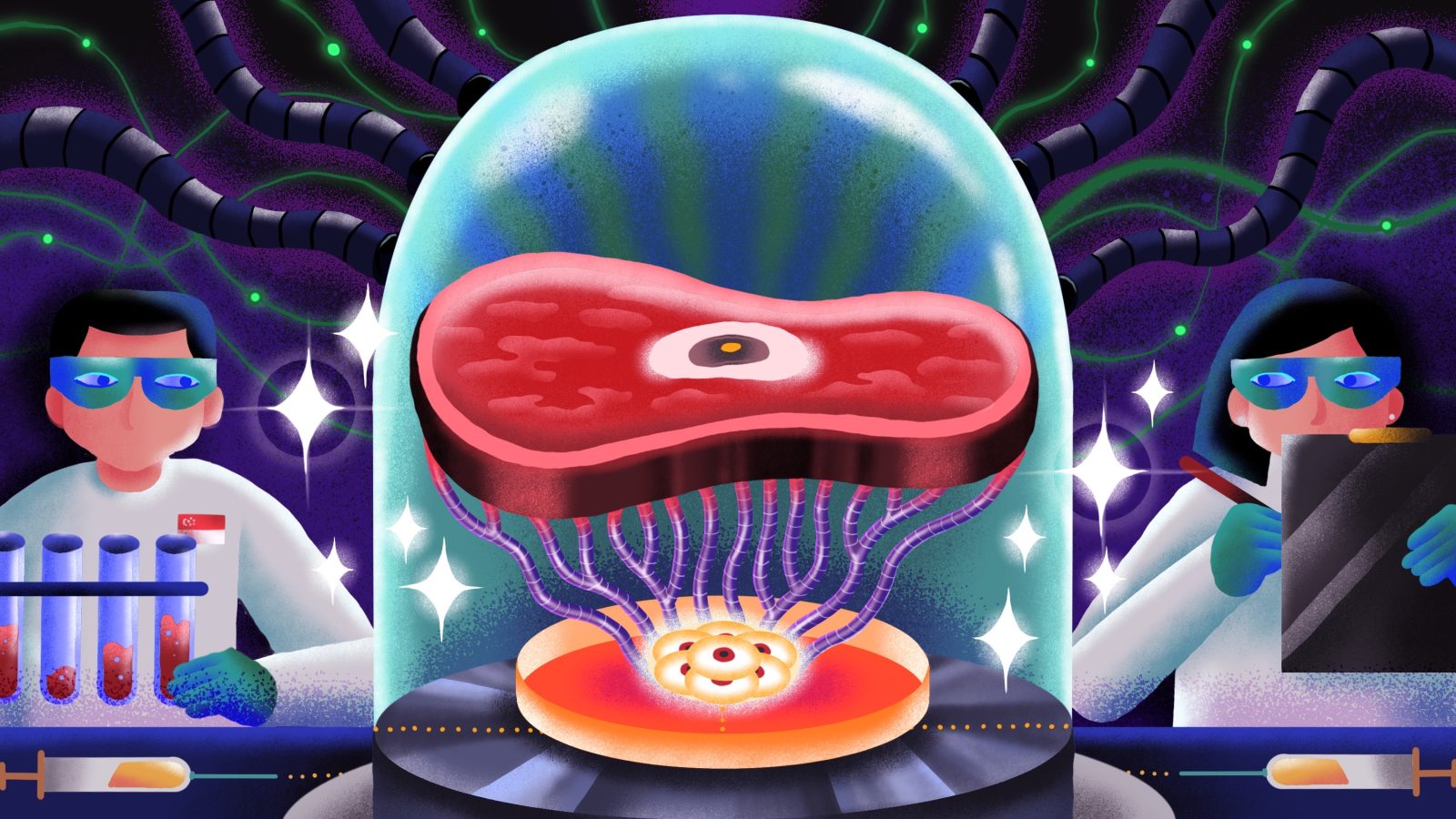- cross-posted to:
- globalnews@lemmy.zip
- hackernews@lemmy.smeargle.fans
- cross-posted to:
- globalnews@lemmy.zip
- hackernews@lemmy.smeargle.fans
Singapore has a population of 5.6 million people and is only 12 times the size of Manhattan Island. Understandably they have little room for agriculture, particularly the land intensive agriculture that producing animals for food requires. Mostly they import that from Malaysia, which is next door.
I wonder if there are government officials in Singapore encouraging all of this with a view to food security? I often wonder the same with China and their efforts to accelerate renewables. That reduces one of their biggest vulnerabilities, that if there is ever a conflict over Taiwan that they might be militarily blockaded.

That’s genuinely gutting.
I thought and still think this will absolutely revolutionise the world and cause repair of the environment. But it looks like the market doesn’t have faith in this.
first lab-grown beef burger debuted in 2013 at a staggering $330,000, they still need to fall to under $10 per kilo — roughly a tenth of current costs — to be competitive in the mass market
The amount that has fallen, in that time, compared to the amount remaining seems like it isn’t that much.
Hopefully we just a little jump in the industry enough to build some hype and get things rolling again.

there are still some major challenges though. Not insurmountable, but challenges nonetheless. One of the most interesting I found is that you need to protect the meat from bacteria and fungi. A animal has an immune system (and a host of antibiotics pumped in to them). A piece of meat growing in vat hasn’t. But it does have optimal conditions for growth of bacteria. So you need a clean lab environment. That’s possible, but very hard to scale up.
I think the hype was there, but now is the moment the industry needs to mature and make it work in a way.


